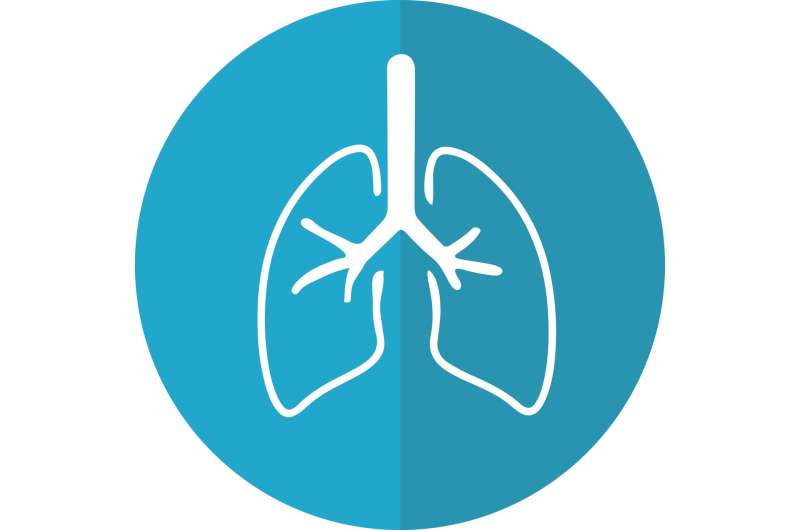Rare Lung Immune Cells Function as Peacekeepers to Prevent Severe COVID-19 Inflammation

A groundbreaking study highlights the critical role of a rare immune cell type in the lungs, known as nerve and airway-associated interstitial macrophages (NAMs), in combating severe COVID-19 inflammation. The research, conducted by scientists at NYU Langone Health, demonstrates that these specialized macrophages are vital for controlling virus-induced lung damage and improving survival outcomes.
In experiments using mice infected with SARS-CoV-2, the virus responsible for COVID-19, researchers observed that the presence of NAMs limited the spread of the virus within the lungs, reduced inflammation, and prevented excessive weight loss. Mice depleted of NAMs displayed increased viral dissemination, heightened inflammatory responses, and higher mortality rates, emphasizing the protective function of these cells.
Macrophages are immune cells that serve as the first line of defense by phagocytosing viruses and infected cells. The study shifts the focus from solely boosting immune attack against the virus to enhancing the body's ability to tolerate the infection — a concept termed "disease tolerance." Importantly, NAMs were found to produce fewer pro-inflammatory signals, thereby minimizing tissue damage during infection. Uniquely, these cells proliferate over time, unlike most immune cells that decline after activation.
Lead researcher Dr. Payal Damani-Yokota explained that the findings underscore the essential role of NAMs in regulating lung inflammation during COVID-19. The absence of these macrophages resulted in an exaggerated inflammatory response, contributing to tissue damage and increased viral spread. The study also identified that NAMs depend on a protein called type 1 interferon receptor (IFNAR) to perform their regulatory function effectively. When NAMs were genetically modified to lack IFNAR, their ability to suppress inflammation was compromised, leading to outcomes similar to NAM depletion.
Further analysis of lung tissue from patients who had experienced severe COVID-19 indicated decreased activity of NAM-related genes and increased inflammation in those who did not survive, confirming the relevance of these findings to human disease.
The research team also noted that NAMs rely on interferon signaling for their growth and function during infection. Their findings suggest potential therapeutic strategies that could enhance NAM activity or mimic their anti-inflammatory actions, thereby promoting disease tolerance. This approach could be beneficial not only for COVID-19 but also for other respiratory illnesses such as COPD, asthma, and pulmonary fibrosis.
This discovery offers promising insights into managing COVID-19 by moderating immune responses and preventing lung damage, paving the way for novel treatments aimed at boosting the body's natural peacekeeping immune cells.
Stay Updated with Mia's Feed
Get the latest health & wellness insights delivered straight to your inbox.
Related Articles
Limited Effectiveness of Emergency Health Messaging on Social Media Platforms
A recent study highlights the limitations of social media in emergency health communication, emphasizing the need for more interactive and multilingual approaches during health crises.
Innovations in Remote Monitoring Technologies for Post-Joint Replacement Care
Recent developments in remote monitoring technologies are transforming post-joint replacement care by enabling real-time, personalized patient assessment and improving recovery outcomes. Researchers highlight innovative sensors and systems that enhance orthopedic recovery monitoring.
Impact of Smoking and Biological Sex on Healthy Bladder Tissue and Cancer Risk
New research reveals how smoking and biological sex influence healthy bladder tissue evolution, uncovering early markers of bladder cancer risk and opening pathways for improved prevention and early detection.
Promising Results for BMS-986504 in Treating MTAP-Deleted Non-Small Cell Lung Cancer
Clinical trials reveal promising and durable responses of BMS-986504 in treating MTAP-deleted NSCLC, including in patients with EGFR and ALK alterations, paving the way for personalized lung cancer therapies.



